 It was bone-chillingly cold as we gathered for the first General Assembly of Occupy DC in McPherson Square. We endured relentless downpours and high winds that sliced through our layered clothing. Despite the miserable conditions, our shared excitement and sense of hope was enough to keep us coming back for more. Nothing – not even our own lack of preparation – would get in our way.
It was bone-chillingly cold as we gathered for the first General Assembly of Occupy DC in McPherson Square. We endured relentless downpours and high winds that sliced through our layered clothing. Despite the miserable conditions, our shared excitement and sense of hope was enough to keep us coming back for more. Nothing – not even our own lack of preparation – would get in our way.
We had so much to learn – like how to stay warm and dry, and how to maintain sanitary conditions in a small public park that was in no way designed for hundreds of inhabitants. We were forced to develop basic urban survival skills from scratch, and many of us struggled to make the transition.
Developing these practical skills was only the beginning of our challenges. Even if we succeeded in staying safe and keeping the camp in good order – always a difficulty – we still had the task before us of confronting the economic, social and political structures of the 1%. Still, we were so full of hope and enthusiasm that half the time we really believed that we could do it.
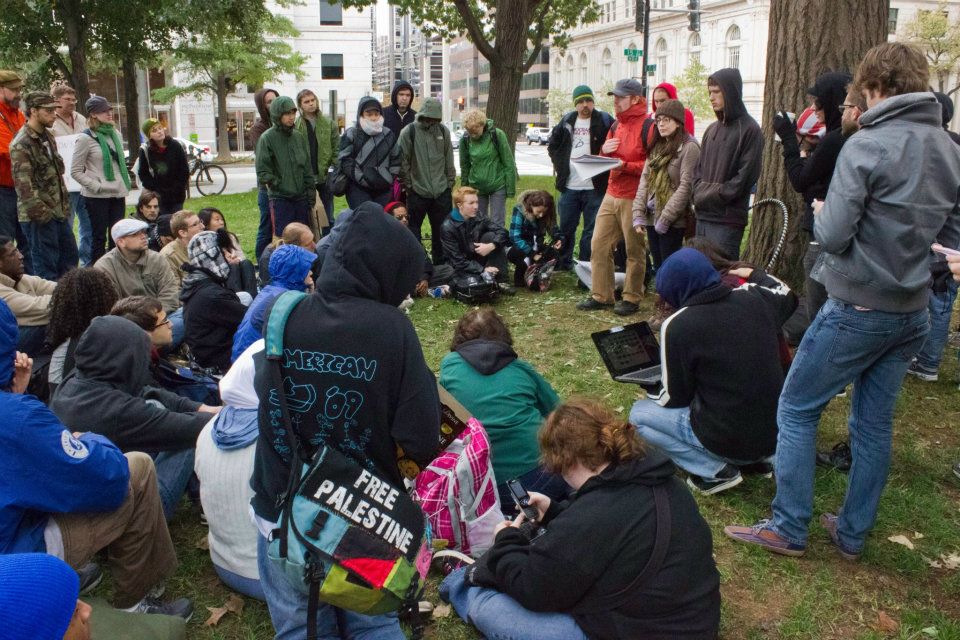
To some extent, we did. In a matter of weeks, our national public discourse had changed irrevocably. Suddenly, journalists, prominent intellectuals – even the president – were talking about income inequality and economic justice. In a nation that had almost completely suppressed any consciousness of social/economic class, the idea of the 99% and the 1% was giving ordinary Americans a safe and empowering way to talk about the devastating dynamics that we are experiencing on a daily basis. To the extent that our goal was to raise popular awareness and change the trajectory of the national conversation, it would be fair to say that the Occupy movement experienced a great degree of success.
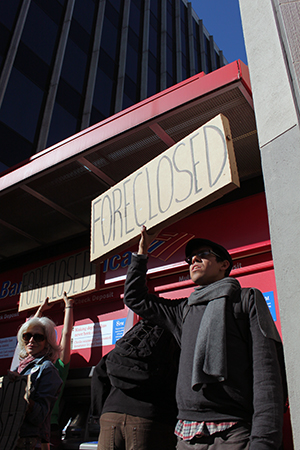 In other ways, though, Occupy definitely failed to live up to our highest expectations. We faced a number of challenges – far more significant than weather and sanitation – that eventually relegated Occupy to being an ideological victory, rather than a practical one. Our challenges were many: We got fixated on process and theoretical discussions that often took the place of real outreach and movement-building. Many of us made the mistake of thinking that the police were the enemy, rather than seeing them as fellow human beings. We sometimes turned direct action into a fetish, rather than one tool as part of an overall strategy. We were unprepared for the large numbers of unstable, narcissistic and extremely ideological groups and individuals who sought to turn Occupy into a chaotic playground. Trust broke down, and we lost the sense of unity and solidarity that made the first days of the movement so powerful.
In other ways, though, Occupy definitely failed to live up to our highest expectations. We faced a number of challenges – far more significant than weather and sanitation – that eventually relegated Occupy to being an ideological victory, rather than a practical one. Our challenges were many: We got fixated on process and theoretical discussions that often took the place of real outreach and movement-building. Many of us made the mistake of thinking that the police were the enemy, rather than seeing them as fellow human beings. We sometimes turned direct action into a fetish, rather than one tool as part of an overall strategy. We were unprepared for the large numbers of unstable, narcissistic and extremely ideological groups and individuals who sought to turn Occupy into a chaotic playground. Trust broke down, and we lost the sense of unity and solidarity that made the first days of the movement so powerful.
By mentioning all this, I don’t mean to re-hash old arguments or open old wounds. I do believe that the Occupy movement was very sucessful in opening a conversation on class and economic justice in a country that has long been closed to such considerations. But it was also a tempest that we were unprepared for, though I feel hopeful that we have learned many lessons from the experience.
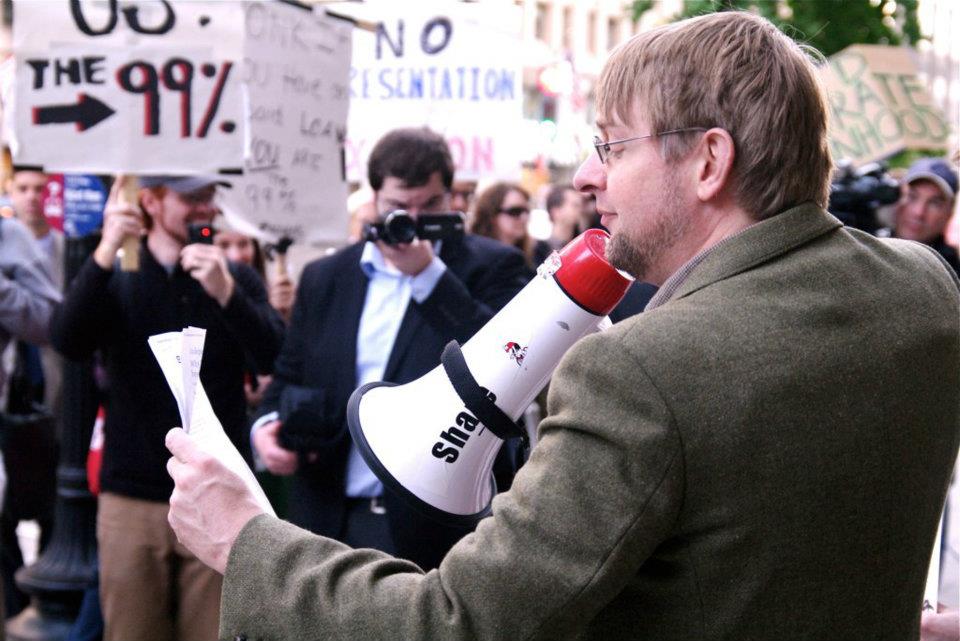 Two years later, most of us are back into a kind of stand-by mode. Just like before the Occupy movement, we are waiting for what the next big step might be towards a society where there is greater economic justice, more care for the earth, and deeper, healthier communities to be a part of. We yearn for a more beautiful, just world, but often we feel stuck. Occupy is over, but it’s unclear what comes next.
Two years later, most of us are back into a kind of stand-by mode. Just like before the Occupy movement, we are waiting for what the next big step might be towards a society where there is greater economic justice, more care for the earth, and deeper, healthier communities to be a part of. We yearn for a more beautiful, just world, but often we feel stuck. Occupy is over, but it’s unclear what comes next.
I want to suggest that now is the time for us to be laying the groundwork for whatever is yet to come. Most of us can sense that more such pivotal moments are on the horizon. The Occupy movement was just the opening scene in a much longer drama, and the choices we make right now about how to prepare (or not) will have an enormous impact on how things play out in years to come.
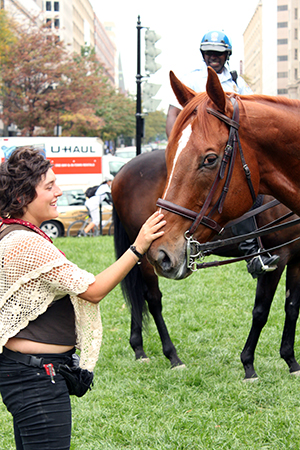 What might it look like to prepare for the next waves we can feel approaching? What are the practical skills we need to learn? How can we get rooted in communities and practices that will strengthen us for the challenges that are sure to emerge? How can we be consciously preparing for the next great opening?
What might it look like to prepare for the next waves we can feel approaching? What are the practical skills we need to learn? How can we get rooted in communities and practices that will strengthen us for the challenges that are sure to emerge? How can we be consciously preparing for the next great opening?
If we neglect to do this work, no doubt we will be caught off guard again. A movement will form, but we will once again get tangled up in negative dynamics similar to those that we encountered during Occupy. If, however, we choose to do the work of preparation now, next time could play out very differently.
Imagine an opening like the one we saw with Occupy, except this time we have developed extensive networks of organizers and communities around the world that are ready to seize the initiative proactively. Imagine being part of justice-seeking communities that are conscious enough of our role in history that we recognize these pivotal moments, and act decisively!
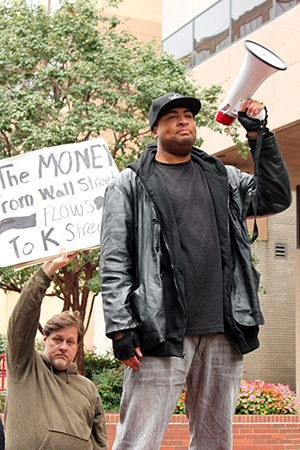
This will be no simple feat. That kind of effort will require a level of coordination that we have not seen since the Civil Rights movement. It will demand a substantial investment of our time and resources – not to mention developing a collective attention span that is measured in years and decades rather than weeks and months. Such a movement – an enduring movement for social transformation – will mean a serious reorientation of our lives.
Does that sound like something you’re ready to sign up for? Is your yearning for a more peaceful and just world strong enough that you are ready to begin preparing yourself and others for the opportunities and challenges that lie ahead? How can we work together to make these dreams reality?
–
I highly recommend these two articles that helped spur me to write this piece:
Breaking Up With Occupy – by Nathan Schneider
A Revolution Comes In Stages – Occupy Or Otherwise – by George Lakey